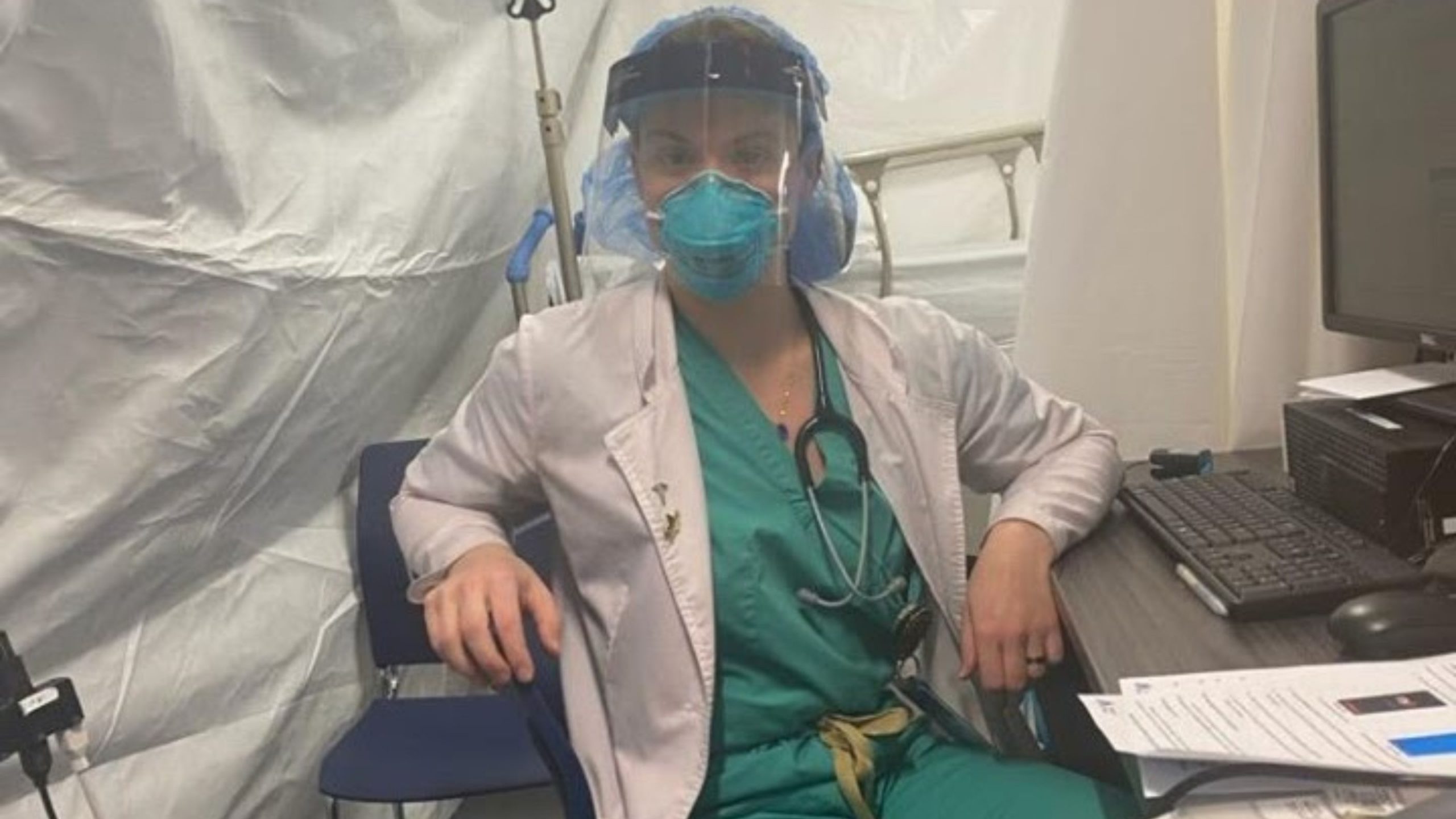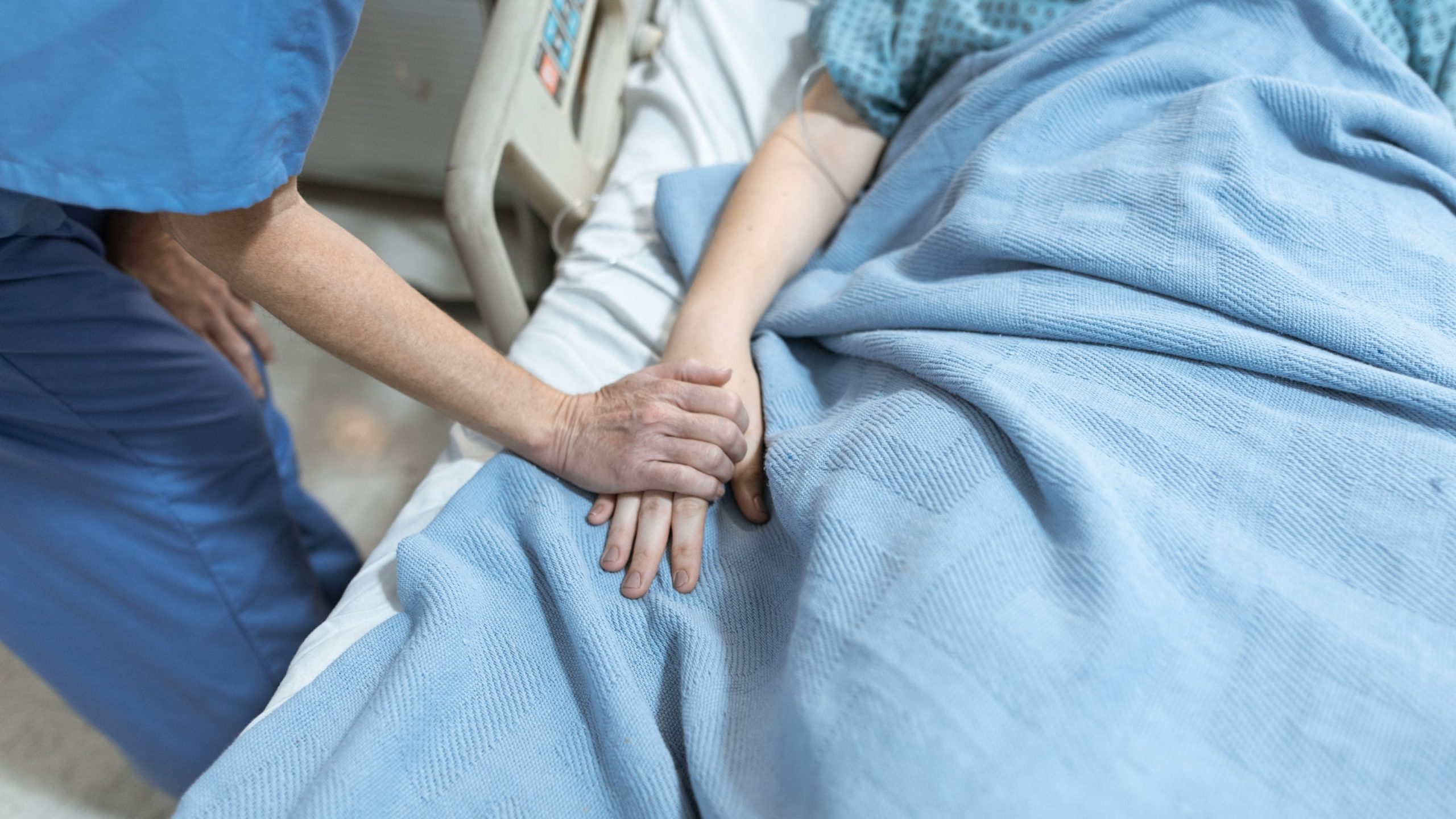
COVID-19 GEAR
I’ve met a few people staying in my hotel over the past few days. Most of the hotel is full of EMTs and paramedics from all over the country (specifically Illinois, Missouri, Tennessee, Kentucky, South Carolina, Georgia, Florida, and a few other states). They’re all responding to the influx of 911 calls, navigating the city using just GPS and determination. I haven’t recognized any of them at work, though I suspect I would barely recognize myself in my COVID garb. Nurses have started arriving from other states as well. Most are contracted for 8-13 weeks but are working 3-4 days a week (or more, if they’re willing).

The last two days have been brutal. The tents closed. Some of the other city hospitals started accepting patient transfers several days ago, so we’ve been transferring some people elsewhere and haven’t had to overflow the oxygen-only patients to the tents. Unfortunately, we can only transfer the patients who are stable enough to be moved, so offloading some of our patients to other hospitals is only so helpful. The raw number of patients in the department has improved a bit, but the sickest patients are still in our department and we’ve had many deteriorate over the past few days. I’ve lost track of the number of patients we’ve placed on ventilators, and many who have been on ventilators for a few days are deteriorating and dying despite escalating support. Yesterday we had 1,000 total COVID-confirmed deaths in the United States. We don’t test people post-mortem unless they have an autopsy, so I’m sure those numbers under-represent the total deaths by a significant margin. We’ve had at least three patients tonight arrive via EMS and simply be declared dead on arrival; they weren’t tested and likely won’t count toward the official COVID-19 count, even though odds were good they had it.
I’ve had to both order and place restraints on many patients because some are becoming confused and agitated. Sustained low oxygen levels, even when they aren’t low enough to be deadly, have a negative effect on brain function. I suspect many are also becoming combative due to a phenomenon called “ICU delirium.” Patients are in a chaotic, noisy, brightly lit, constantly stimulating environment for days on end, with no clear indicator of day or night, how much time has gone by since the last event that happened, and no rest period. I remember seeing similar problems when I worked in the ICU years ago, and the chaos here is on another level compared to the semi-predictable, rhythmic noise of that ICU.
I feel like I’m in a haze in this environment, too. I’ve done so many things that under any other circumstances would be very remarkable and memorable, but the intensity in this area is so high and things are happening so quickly that all of the crises start to blend together. I barely remember doing anything last night, and I’ve had to reread my own journals to recall what happened just a few days ago. I’m duller when I wake up, too. Normal tasks that I remember spontaneously are being forgotten, and I have to stop and think about what I’m doing multiple times when I’m responding to an email. I normally never proofread my emails or even these journals, but I’ve had to lately because I’m just not cognitively functioning at 100%.

While I did a lot of IV starts and restarts (delirious people like to rip theirs out), I practiced more medicine in the past couple of days than in the tent hospital. The department is at the point where I, the person who’s been here for all of four days, am medically managing critically ill patients who are unstable or newly intubated. I haven’t yet done an intubation myself, but I may need to as our load of critically ill patients continues to increase. I’ve done almost every other skill I’m qualified to do in the critical care setting, from jugular IVs (in the neck) to ordering continuous infusions of blood pressure support and sedative medications. I guess I haven’t drilled into a bone for IV access yet, but that also strikes me as a likely possibility in the coming week. I’ve been extremely grateful I’ve maintained these skills over the years and that my medical practice is fluent enough that the stress-haze I’m in isn’t impairing the care I can provide.
In emergency medicine, a not-insignificant portion of our patients do not have a likely medical emergency. While most have the good sense to stay away from the hospital during a contagious disease outbreak, the things people come in for never cease to astound me. While we have definitely seen a decrease in those non-emergent “emergency” patients, it amazes me that anyone would risk exposure to a possibly deadly and highly contagious disease to have their foot fungus examined in an emergency department. Moreover, many of these non-emergent patients ask why they have to wear a mask in the emergency department and act bewildered when I tell them there are many confirmed and suspected COVID patients in the department. The lack of introspection is truly mind-boggling.
Five days down, six to go until I return home for several days. I haven’t gotten confirmation yet, but it seems likely they’ll welcome me back with open arms after my break.
Share this post
Nurses International is a non-profit entirely focused on helping nurses obtain the education and the support they need to make a difference in developing nations worldwide.
We connect colleges and institutions with experts who can take their nursing programs to the next level. We help establish new nursing programs where they’re needed most. And we eliminate the barriers that stand between students and education.
QUICK LINKS
CONTACT US
FOLLOW US
EIN: 46-4502500